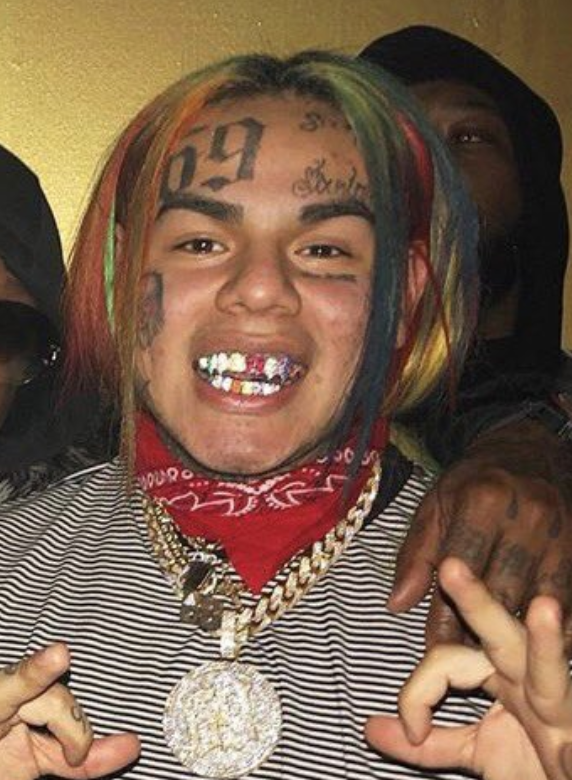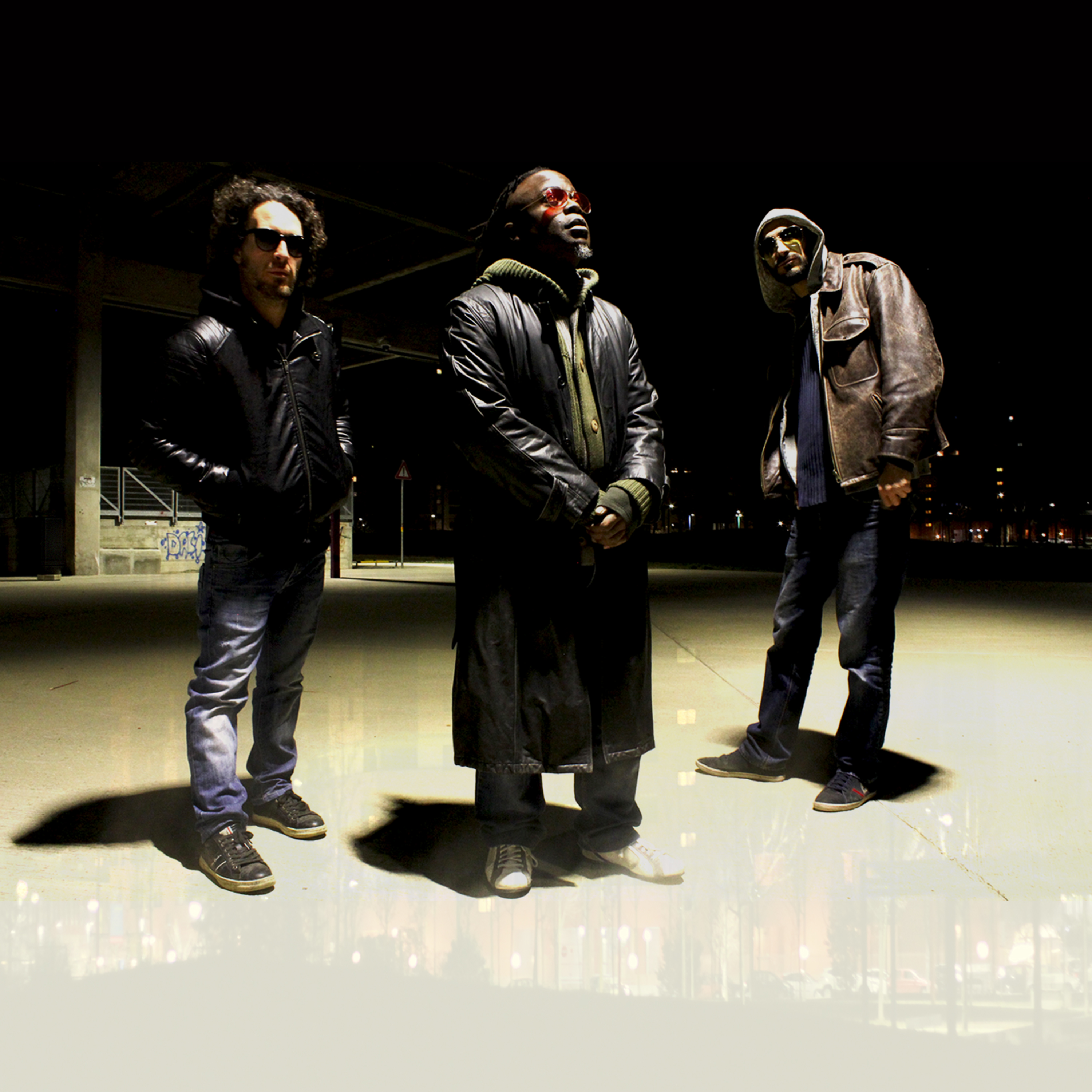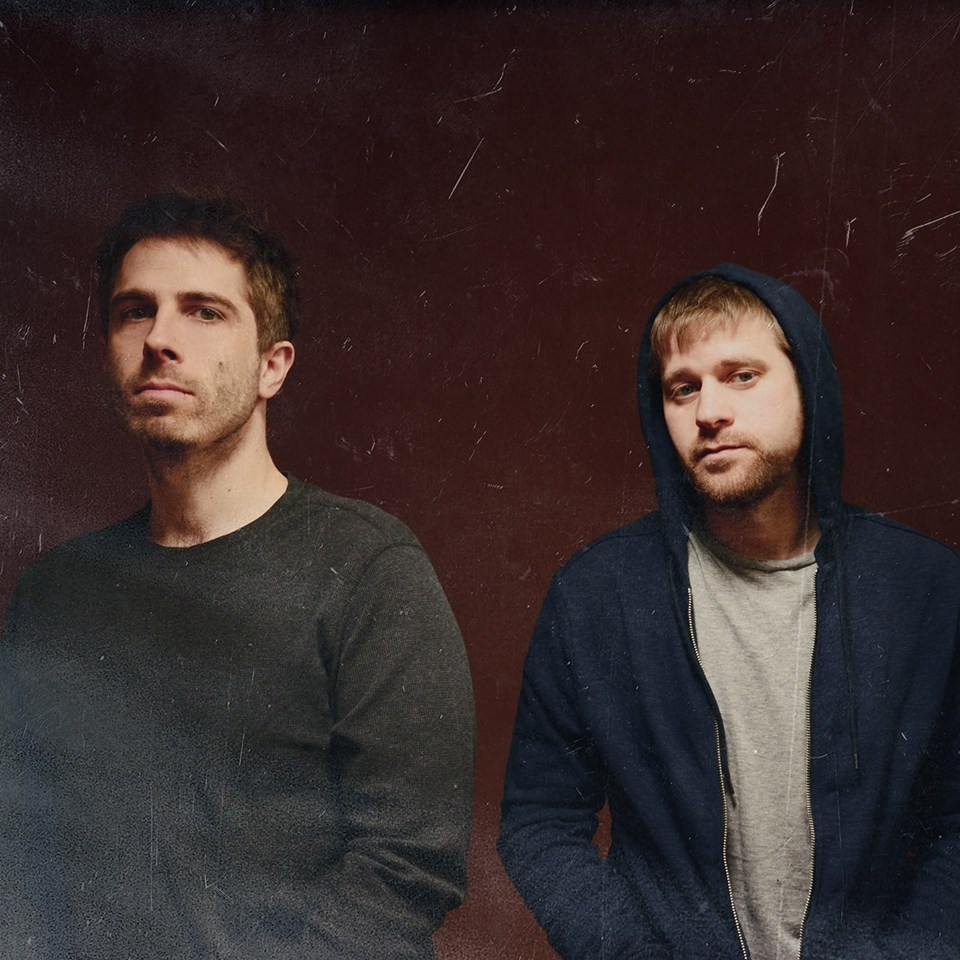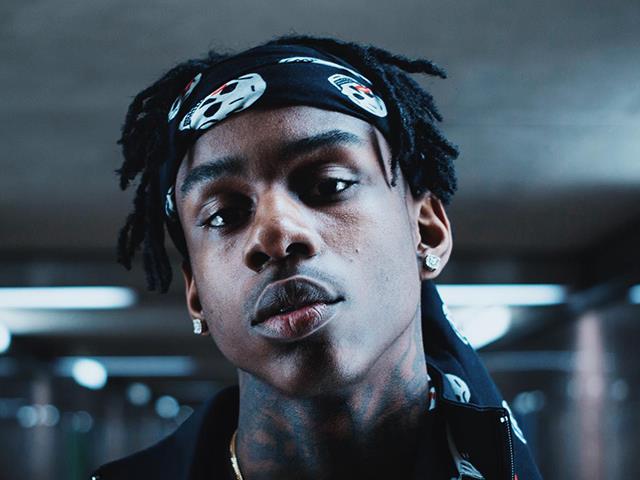Viewpoint: Pondering the Fake Gangster Rapper
Mr. Rainbow Brite himself, rapper Daniel Hernandez — professionally known as Tekashi69 or 6ix9ine — was arrested last month on a slew of racketeering and gun charges. The 22-year-old has managed to build an outlandish caricature of himself, garnering him millions of followers — and critics.
Tekashi 6ix9ine was arrested on racketeering charges in New York and will be arraigned later today https://t.co/blXVdYuWzo pic.twitter.com/IbFgSWTgeW
— Rolling Stone (@RollingStone) November 19, 2018
His rap and heavy metal-infused style is intriguing, but it’s his persona is that attracts controversy.
What is it about 6ix9ine that makes him so unappealing, yet captivating at the same time? Perhaps it’s the tattoos all over his body. It could be the rainbow hair and expensive, colorful grills. My guess it’s probably because of his gang affiliation, lyrics about guns and other crimes in a violent nature, and his bold proclamation that he is the king of New York that has landed him in hot water.
Whether this guise is real or not, Hernandez isn’t the first — and certainly wont be the last — rapper to exaggerate a tough exterior for popularity.
Appearance and personality have always been key factors in musician’s success. You can have all the talent in the world, but if society doesn’t like how you look, or if you aren’t showing them anything new, exciting, or different you won’t be as successful as your peers.
That’s why shows like The Voice and The Masked Singer are unconventional, yet exciting. It is understandable why rappers especially portray a tougher exterior amongst the hip hop community.
Rap was born from the struggle of black lives. It has always been and continues to be an outlet for the outcast and disenfranchised voices of society. The anger, passion, and violence heard in early rap songs speaks to the realities of living in a particular environment.
In the beginning, this tough exterior was real for many rappers. As the genre has evolved, it is no longer necessary to be hard or from the streets to rap and make conscientious music. Still, many continue to cling onto a false identity.
Looking beyond the modern era of Soundcloud rap culture, there are of course rappers who have been to prison, who are in gangs, and who genuinely live that lifestyle. Take rapper YG for example. He still proudly reps the bloods in his lyrics, album artwork, and overall appearance.
But rappers like Rick Ross — who completely changed his identity from that of former cop to infamous drug trafficker — that continue the trend of inauthenticity in the hip hop community. Even Rapper Soulja Boy, who most of us never actually perceived as gangster anyway, got caught up after pretending to be from the hood.
I suppose 6ix9ine isn’t doing anything that outlandish.
He’s only following in the footsteps of his predecessors and peers. I mean it worked for them, why shouldn’t it work for him? Ultimately it is up to society — and more specifically Hip Hop and rap enthusiasts — as to whether or not this trend of inauthenticity will continue to drive popularity, record sales and make waves in pop culture.




